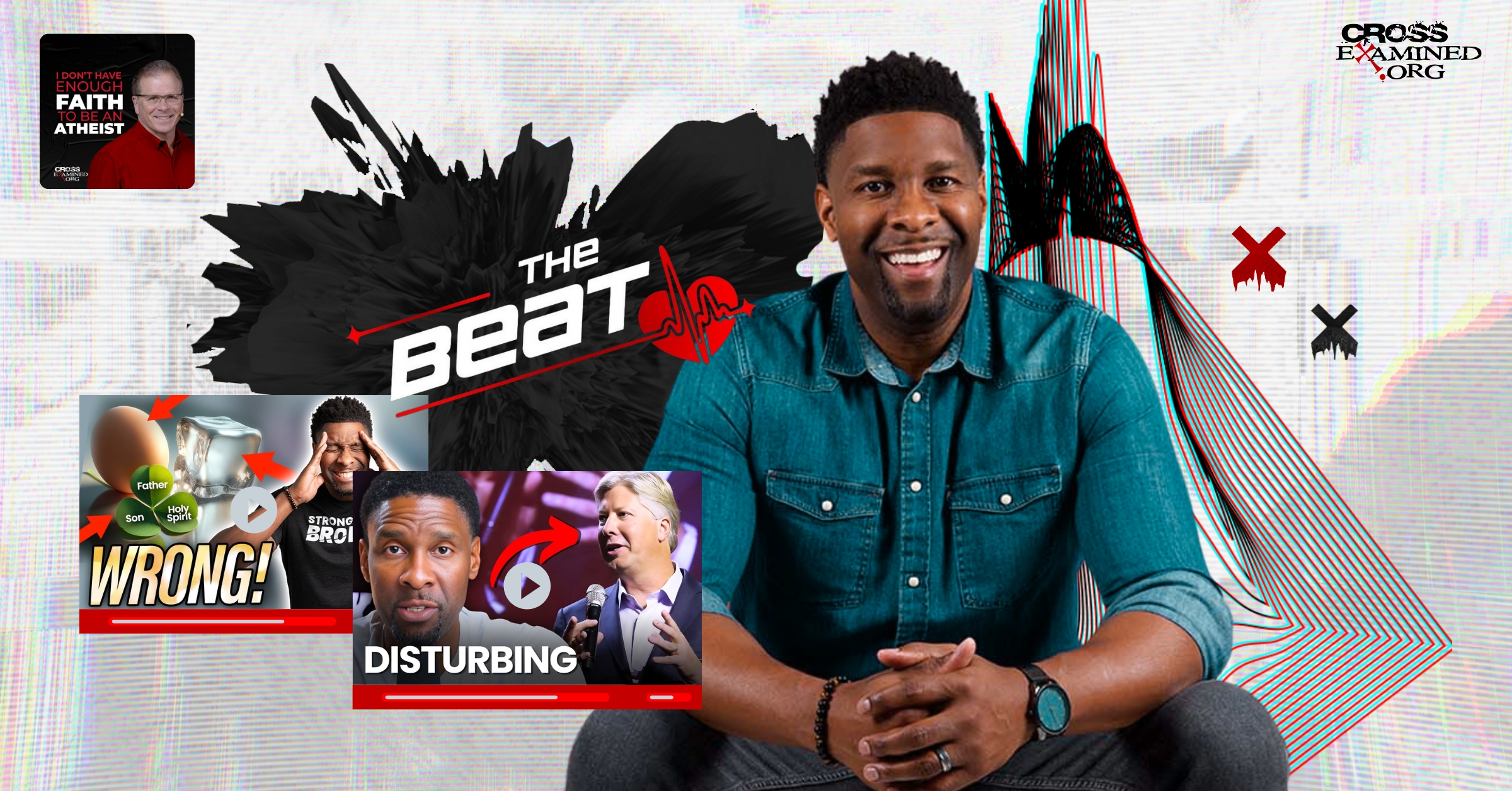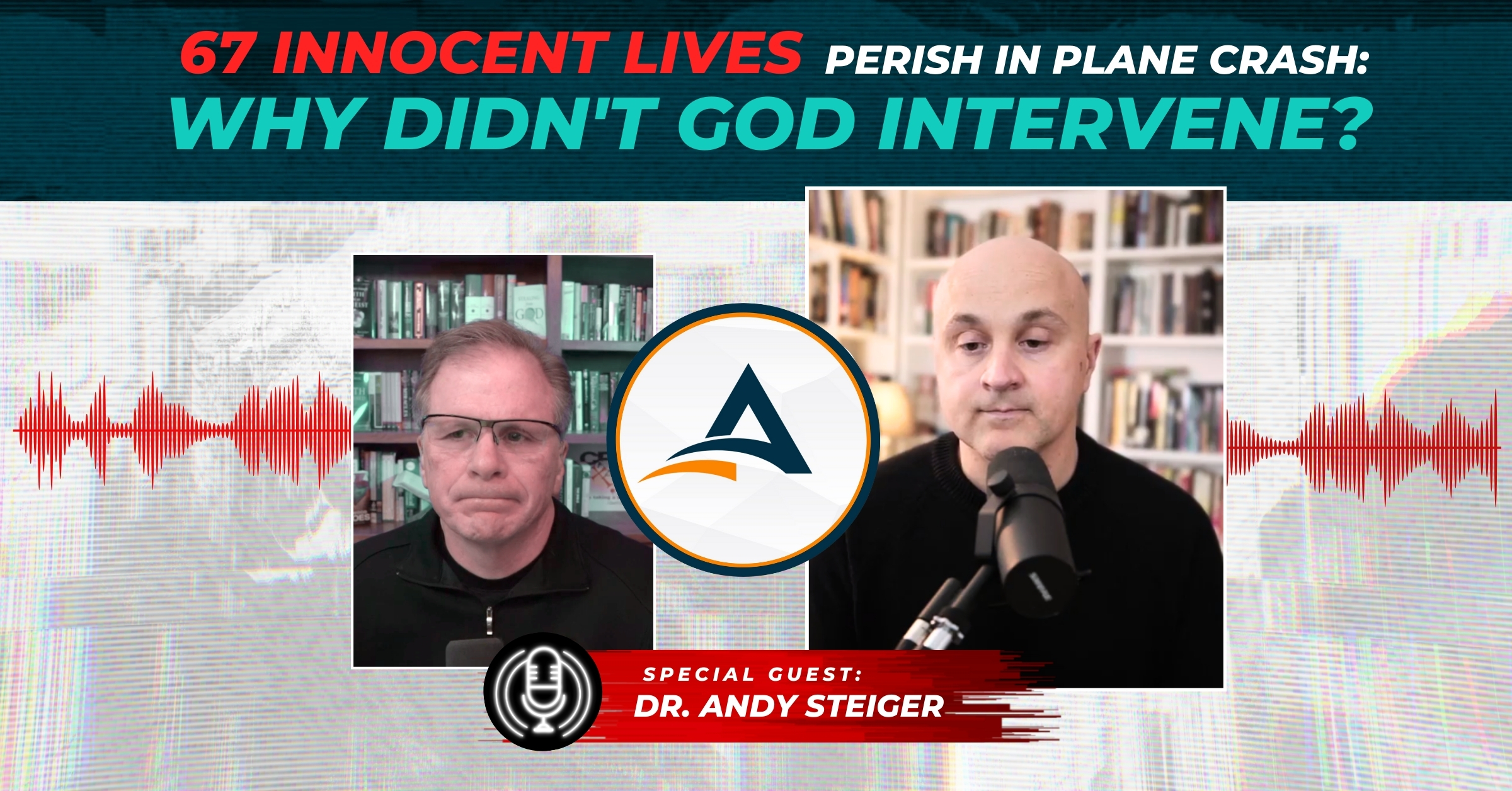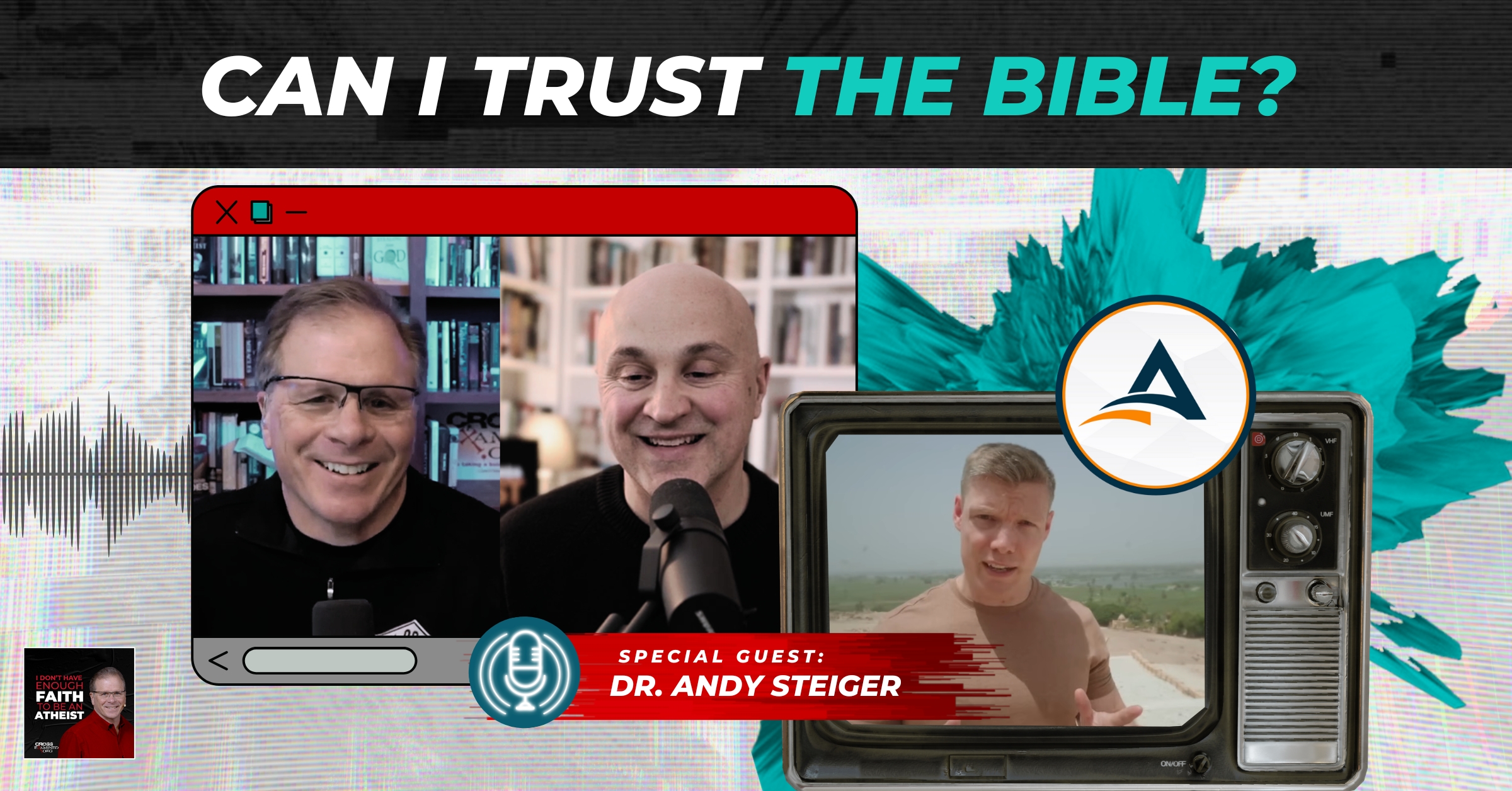Defending the Deity of Jesus in John 1
John 1:1 is one of the most important verses in the Gospel of St. John to understand grammatically in English but more importantly in Greek.
“In the Beginning was the word and the word was with God and the Word was God” (John 1:1)
Εν αρχή ἧν ὁ λόγος και ὁ λόγος ἧν προς τον θεόν και θεός ἧν ὁ λόγος[i][ii]
The reason is this verse is always under attack by various non-Christian religious groups and even faiths who claim to be Christian but, do not accept Jesus Christ as God the Son (The second person of the Trinity). The two words I want to focus on is “God” and “Word” or Θεός ἧν ὁ Λόγος (Theos hēn hŏ logos). What I am going to focus on is the grammatical construct of John 1:1 and a bit of the history behind ὁ λόγος (hŏ logos).
John 1:1 and Genesis 1:1
In Ancient Greek literature there is no difference in meaning between the two-word adverbial Phrase Ἐν ἀρχη (en arkē) and the three-word adverbial phrase Ἐν τη ἀρχη (en tē archē) but Ἐν ἀρχη is used more frequently. Ἐν ἀρχη parallels Genesis 1:1 Ἐν ἀρχη ἐπιοησεν ὁ Θεος (en arkē hŏ theos), “In the beginning God created.”[iii]
The Historical Background of Hŏ Logos
John may have written his gospel in Ephesus the birthplace of Greek philosopher Heraclitus who lived around 500 B.C. He taught that λογος (logos) was eternal, and it could be compared to fire and gives life to everything in the universe; and this was taught well into the first century.[iv]
Λόγος word
The Greek Term λόγος is found in a number of different English words like logic, logical, prologue, epilogue etc. It can also have a number of different senses like, word, reason, cause, reasoning etc.
Λόγος is associated with “spoken Word” but λόγος in John 1:1 does not mean “word” in the sense of a word found in a dictionary. The Greek term for word is λέξις (lexeis) which is where we get our English word lexicon from. The ὁ λόγος in John 1:1 in a person.[v]
John was writing to a Hellenized audience, so he places Jesus as the ὁ λόγος he did this in the most integral spot, at the beginning of his gospel.[vi]
The Grammatical Construct of John 1:1
The combination of Προς (prŏs) plus the accusative Τον Θεόν (tŏn theon) means “with God.” This is similar in force to how Paul writes: ἐν μορφῃ Θεού ἰσα Θεῳ (en morfē isa theō), which translates as, “In the form of God, equal with God” (Phil. 2:6).
Προς Τον Θεόν (prŏs tŏn theon) literally means “With the God.” The use of the article Τον (tŏn) “the” before a noun identifies that noun. And in this case “the God” means “God the Father.” By reiterating the conjunction και (kai) in και Θεός ἧν ὁ λόγος (kai theos hēn hŏ logos) John is placing emphasis on this instance of ὁ λόγος. He describes in his gospel, in addition to being from eternity with Θεός, is also Himself Θεός.[vii]
The word order is reversed in English, in English it reads “and the word was God” but in Greek it reads, “And God was the Word.”
Θεός ἧν ὁ λόγος (Theos hēn hŏ logos)
In John 1:1 this clause has two nouns. One noun is Θεος (theos) and the other is λόγος (logos). Λογος has an article, ὁ λόγος which means it is an articular noun and Θεος has no article so it is called an anarthrous noun. The articular noun is identified by the definite article “ὁ” as the subject. And the rest of the clause is the predicate.[viii]
So, between the predicate noun and a linking verb, ἧν (hēn; “was”), the linking verb connects the subject, ὁ λόγος, to the predicate noun, Θεός. Θεός adjectivally describes ὁ λόγος. In essence ὁ λόγος was with all the attributes, essence, nature, and qualities of Θεός. [Everything true of God is true of the Logos.][ix]
This article is not intended to be a full comprehensive explanation due to the how in depth this subject can go. John was very intentional about describing Jesus as God the Son, the second person of the Trinity.
References:
[i] Editor’s note: The Greek transliterates as: “en arkē hēn ho logos kai ho logos hēn pros ton theon kai theos hēn ho logos.” – Transliterations are included throughout, in text, for those of you who don’t read Greek.]
[ii] Editor’s Note: If the translation were to preserve the Greek word order, it would look something like this: “And the word was with [the] God and God was the word.” This phrasing creates a chiasm – inverting the word order between the two parallel lines: Word-God, and God-Word. Additionally, the definite article, ὁ (pronounced hŏ), which is typically unnecessary in Greek except for emphasis or clarity, translates as “the” and is used here for “the God” in the first phrase then “the Word” in the second phrase. The Chiasm, being inverted parallelism, indicates that this verse is intended as poetry – still literally true, but expressed with an eye for beauty, memorability, and maybe even lyricality. Heightening that poetic structure is the shift of the definite article from “the God” to “The Word.” The one and only God is the same being as singular Logos, “The Word.” The author most definitely wanted to draw attention to the strict identity between God and Logos. The Word is God.” – JDF]
[iii] “Philemon, Zachariou Greek Pronunciation John 1:1.” YouTube. YouTube, n.d. Accessed November 20, 2024. https://www.youtube.com/watch?v=7IkIgSpCgtM
[iv] Ibid., see also, Jean Bollack, “Ch. 17 The Heraclitean Logos,” in The Art of Reading: From Homer to Paul Celan, C. Porter and S. Tarrow with B. King, trans; C. Koenig, L. Muellner, G. Nagy, and S. Pollock, eds. Hellenic Studies Series 73 (Washington, DC: Center for Hellenic Studies, 2016), accessed 23 Jan 2025 at: https://chs.harvard.edu/chapter/17-the-heraclitean-logos/.
[v] Ibid.
[vi] Ibid.
[vii] Ibid.
[viii] Ibid.
[ix] Editor’s Note: JDF.
Recommended Resources:
Jesus, You and the Essentials of Christianity by Frank Turek (INSTRUCTOR Study Guide), (STUDENT Study Guide), and (DVD)
How to Interpret Your Bible by Dr. Frank Turek DVD Complete Series, INSTRUCTOR Study Guide, and STUDENT Study Guide
Can All Religions Be True? mp3 by Frank Turek
How Philosophy Can Help Your Theology by Richard Howe (DVD Set, Mp3, and Mp4)
Seattle native Justin Angelos brings a passion for evangelism and discipleship along with theology and apologetics. He has studied at Biola University and Liberty University and recently earned a Master of Arts in Apologetics from Biola University. Justin focuses on providing help for those who suffer from emotional and anxiety issues. He currently resides in Salt Lake City, Utah.
Originally posted at: https://bit.ly/3EtdlxB











